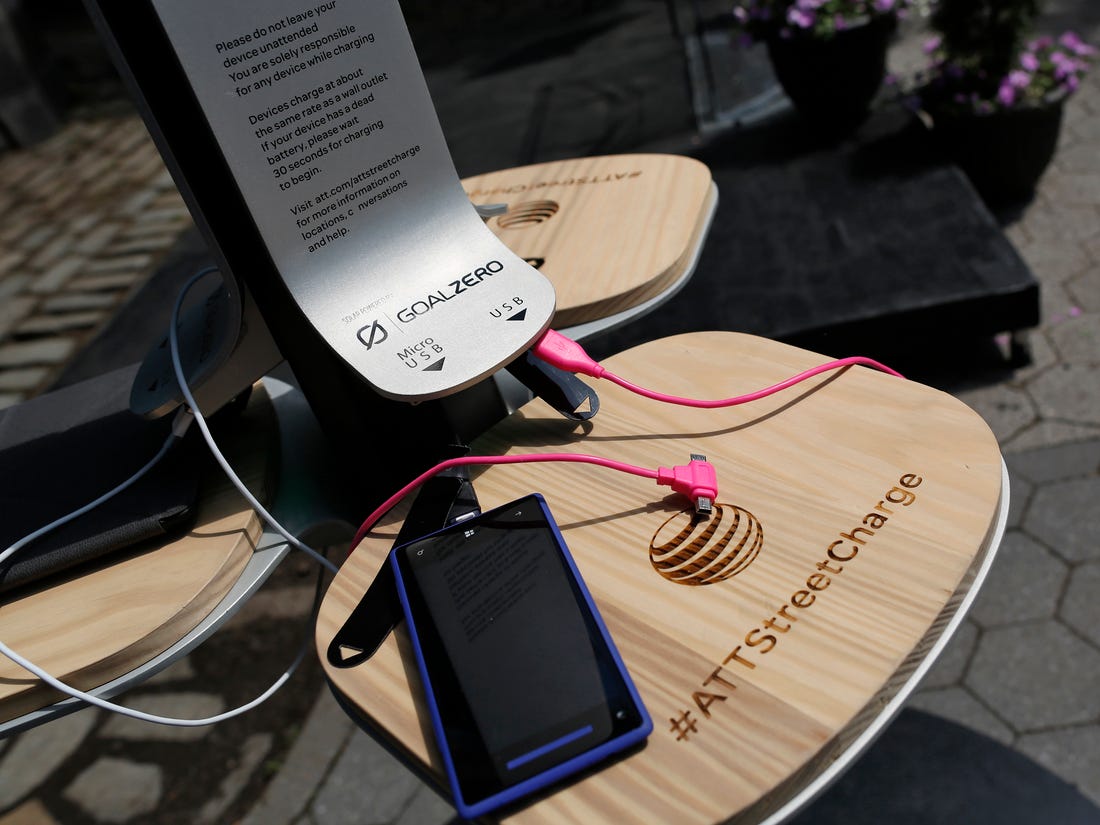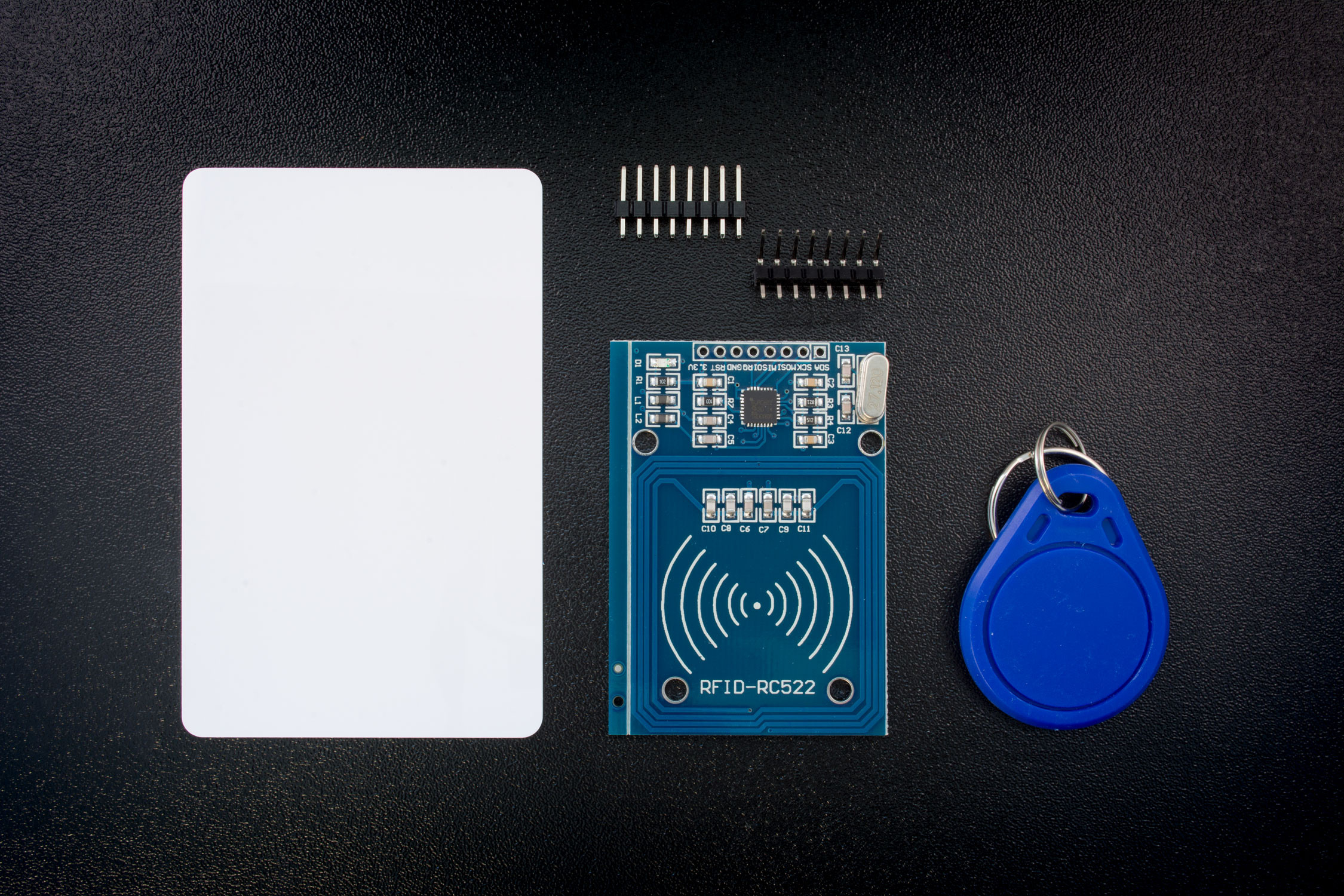TechInAfrica – It’s that time of the year again; holiday season. While most of us slow down and take a breather with our most cherished ones, it’s also a time when crime tends to increase. This is mainly because that we often let our guard down when we’re travelling, browsing through stores, window shopping, or any forms of celebration we might enjoy. For the next 6 to 8 weeks, you’re free to do the activities you enjoy most—ranging from travelling abroad to enjoying New Year’s Eve at home, but your personal safety and that of your physical possessions are not all you’ll need to be thinking about.
Crime is not always about materialistic things, you see. In this growing modern era of sub-Saharan Africa ecosystem, digital dangers are also lurking to potentially harm people like you and me.
So, here’s five tech tips to keep your self safe while you enjoy your well-deserved break.
Keep your apps up to date
Why? Because you’ll never know when an app is infected with malicious bugs secretly seeping away your precious data. By updating your apps, you’re also updating their countermeasures to combat incoming viruses in case they slip away undetected by your antivirus.
Your best bet is setting your apps to update themselves automatically (so it saves you a lot of hassle). You wouldn’t want to use an outdated app with known exploit even after the developer has released a patch for it, would you?
Avoid public charging stations
In public areas such as airports or internet cafes, free-to-use public charging stations (the ones offering the USB port, not the ones with the wall outlet) are becoming a lot more common. As convenient as it may seem, public charging stations could potentially be harmful for your device if you don’t know what the other end of the station is plugged into.

Acting as a universal media port, hackers or malicious individuals could easily break into your device security system—all while benefitting from your obliviousness. Yikes!
If you’re in dire need for some juice for your phone, seek the ones with the direct power outlet rather than the ones offering the USB port; and bring your own charging adapter & cable while you’re at it.
Never use free Wi-Fi
Like public charging stations, free Wi-Fi is really convenient as it is enticing. When we’re presented with ease of access and enjoyment (such as free hotspots), we tend to let our guard down. This is where you put hackers to an advantage—letting them access the contents on your device, and I don’t need to highlight why letting others see your private data isn’t a beautiful notion.
You could stand a chance of being blackmailed, being asked for ransom, or worse—being a victim of leaked private data on the internet. So, steer clear of unknown, untrustworthy free internet access in public spaces.

Be aware of what your phone is doing
This is also something that I often overlook; switching off mobile communication protocols when I’m not using them. Bluetooth, location services, or even NFC—these may serve as a gateway for people with ill intentions to take a look inside your phone.
As an added benefit, this will most likely save you some battery life as well. Remember to kill of unused tasks and programs, and don’t hesitate to remove suspicious apps that has been heavily affecting your phone lately—they’re most likely sending data to an unknown hub.
Upgrade your wallet’s security
And we don’t mean only to update your digital wallet’s security. E-commerce services like PayPal regards data security as their most important factor, so let them take care of their business.

What we mean is your literal wallet. Modern bank cards, credit cards and even passports are having RFID (radio-frequency identification) chips embedded in them. RFID, while benefits us to make our lives easier—like paying highway tolls or checking out at self-service payment stations—is also the primary target for hackers besides physical bank notes.
If you haven’t, you should consider buying wallets with anti-RFID scanning to protect your digital money from being stolen whilst you’re travelling in dense places. You’ll never know what threats could emerge.
Source: entrepreneur.com





